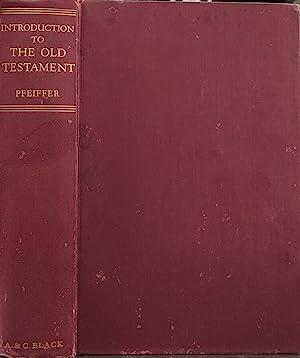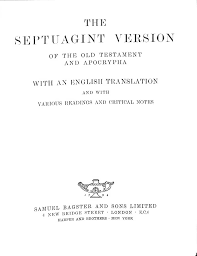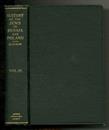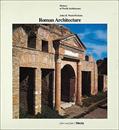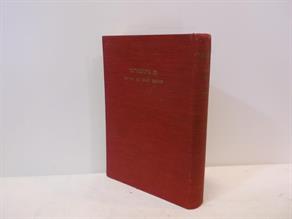



Targum is the distinctive designation of the Aramaic translations or paraphrases of the Old Testament. After the return from exile Aramaic gradually won the ascendancy as the colloquial language over the slowly decaying Hebrew until, from probably the last century before the Christian era, Hebrew was hardly more than the language of the schools and of worship. As the majority of the population ceased to be conversant with the sacred language it became necessary to provide translations for the better understanding of the passages of the Bible read in Hebrew at the liturgical services. Thus to meet this need it became customary to add to the portions of the Scriptures read on the Sabbath an explanatory oral translation — a Targum. At first this was probably done only for the more difficult passages, but as time went on, for the entire text. The "Mishna" gives more elaborate instructions as to the way in which this translating should be done. According to the "Megillah" (IV, 4), when the lesson to be read aloud was from the "Torah" only one verse was to be read to the translator (Methurgeman). When the lesson was from the "Nebi'im" it was permitted to read three to him, unless each verse formed a special division. The directions also state which portions are to be read aloud but not translated (cf. for instance "Meg.", IV, 10), and a warning is given against translations that are either to free, palliative, allegorical, etc.

